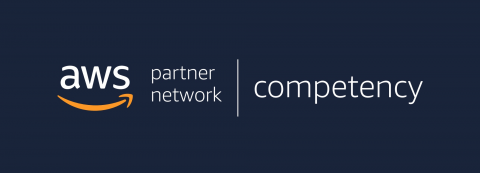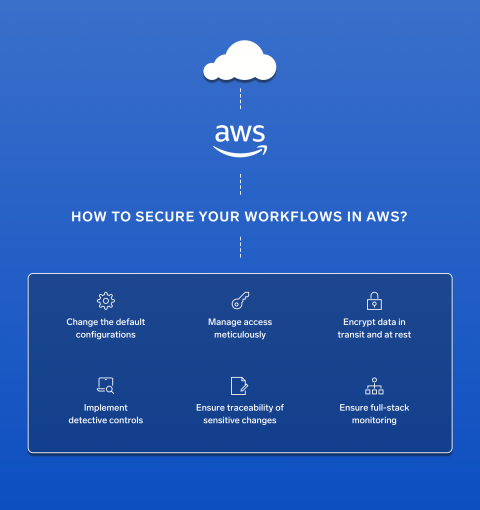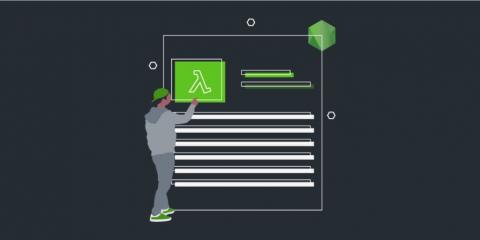Three Reasons You Should Consider Hiring a Financial Cloud Operations Manager
If you're running in the cloud and ever struggle to predict, report on, or attribute your cloud costs, you may want to consider a new kind of role: A Financial Cloud Operations Manager. While a traditional cloud operations manager may sit on the DevOps team or report to an engineering lead, a financial cloud ops manager’s reporting structure is slightly different.











